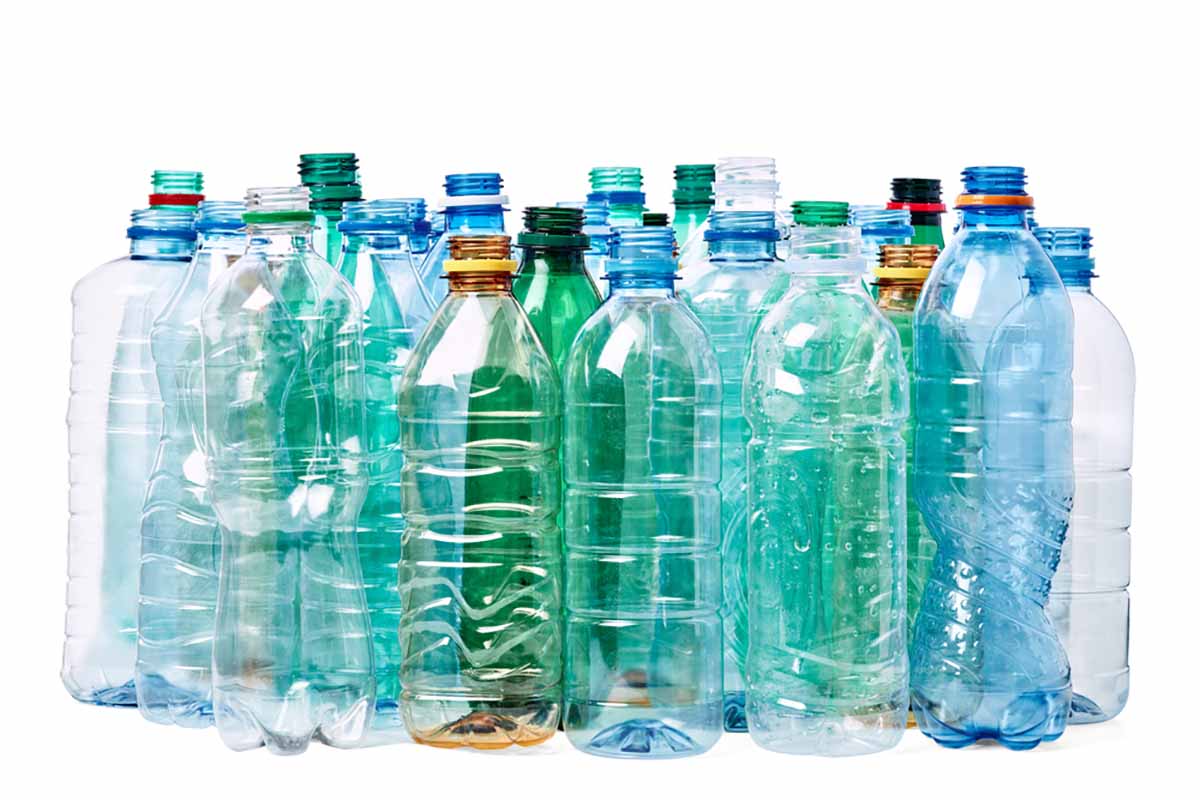
The report comes as governments around the world move toward requiring the use of recycled plastic in certain products. | Picsfive / Shutterstock
Over a dozen different recycled-content standards and certifications are used around the world. A new report commissioned by Canadian leaders compares and contrasts them.
Prepared by Eunomia Research and Consulting, the study covers the different frameworks used to measure and track the use of recycled plastic in new products. The goal is to help inform the Canadian federal government as it works to achieve a target of 50% recycled content in certain plastic products by 2030.
“As governments and brands set recycled content targets, there needs to be clear and common rules on how compliance is measured, and traceability demonstrated through agreed chain of custody models to ensure uniformity,” Sarah Edwards, head of Eunomia’s Americas Office, stated in a press release.
The report, which was commissioned by the Standards Council of Canada (SCC) and Environment and Climate Change Canada, recommends Canadian leaders establish some minimum requirements for verification and reporting of recycled content in products. The report stopped short of urging authorities to pick certain certifications over others, however.
It suggested they set minimum standards that a number of programs could meet, allowing companies in the plastics recycling value chain to continue to have a choice in which certification programs they use.
The report comes as governments around the world move toward requiring the use of recycled plastic in certain products. A California bill passed and signed into law last year requires beverage producers to have at least 15% PCR in their plastic bottles by 2022, although many producers remain far from that target. Washington state also passed a recycled-content mandate.
Meanwhile, the American Chemistry Council (ACC), which represents resin producers, is calling for a national standard requiring plastic products to have 30% recycled content by 2030.
In 2019, the European Union gave final approval to its Single Use Plastics Directive, which, in addition to product bans and collection targets, requires recycled resin be used in bottles in future years. Specifically, the directive will require PET bottles on the continent to incorporate 25% PCR by 2025. Eunomia is helping the EU develop a general method for the calculation, verification and reporting of recycled content in bottles under the directive.
More stories about research
- New report explores the future of CPG packaging goals
- RIT researchers develop AI-based textile recycling system
- Researchers: Effective plastic treaty requires production cuts